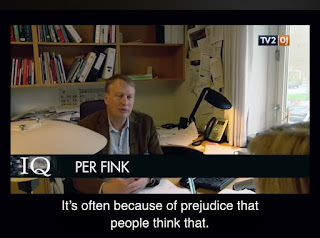Review of Hunchback, by Saou Ichikawa

Hunchback Saou Ichikawa Translated from the Japanese by Polly Barton The following review was written collaboratively between a person bedbound with a physical disability and her full-time unpaid carer. The review contains spoilers. Because there is often much to be gained by engaging with other perspectives on a text, the first thing we did after finishing Hunchback was to read reviews—professional reviews, amateur reviews, and good old comments. A particular thought kept coming back: that the book was “confronting” or “disturbing”, not primarily for its themes of bodily autonomy, ableism, class, gender, and desire, but because it made the (one must assume) abled readers of the book “uncomfortable” or feel “like a voyeur” through its descriptions of disabled life. The main character, Shaka, has congenital myopathy. She is able to walk no more than a few steps, therefore using an electric wheelchair, and needs assistance with hygiene. She is in pain, all the time, to ...


